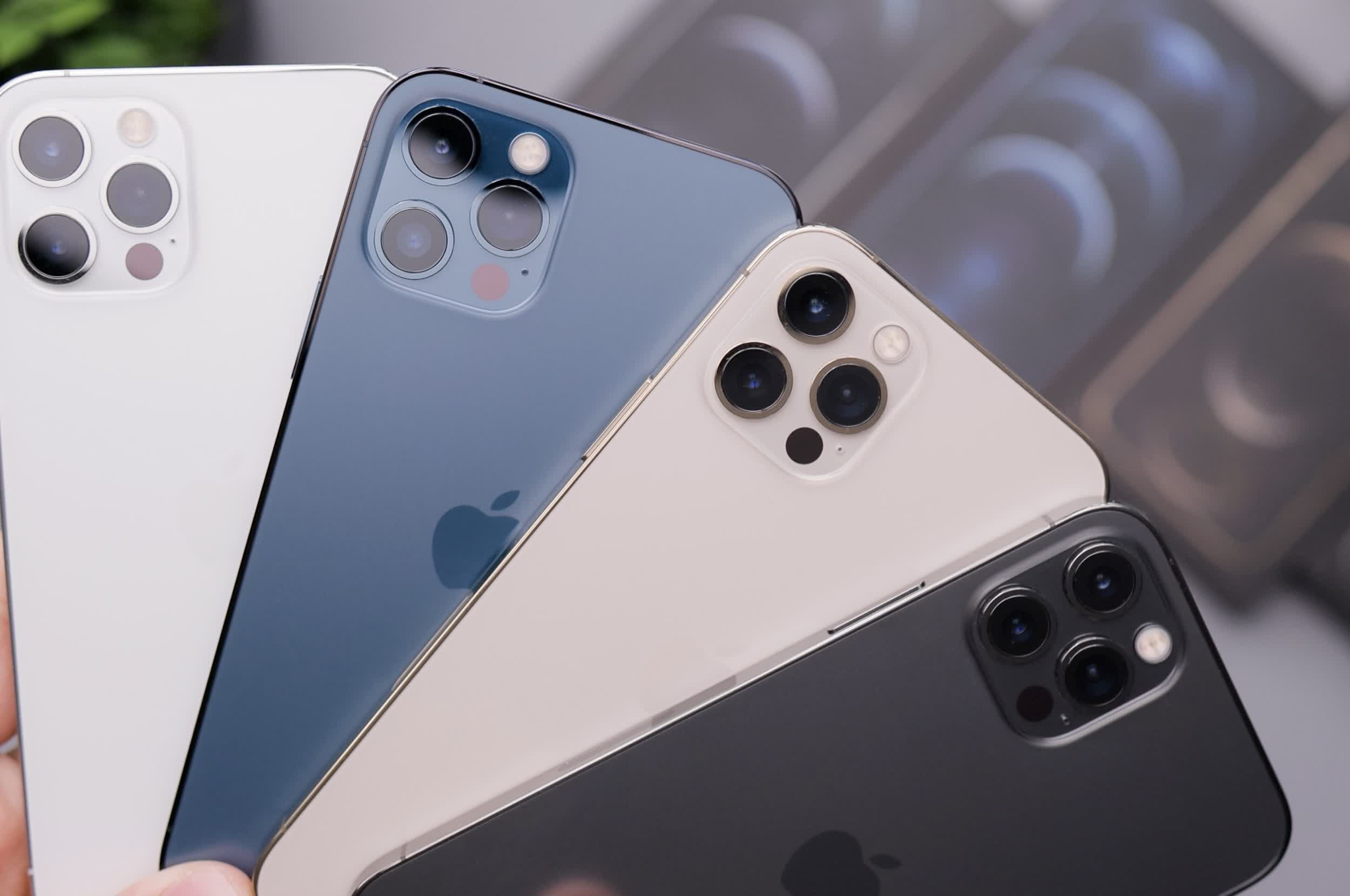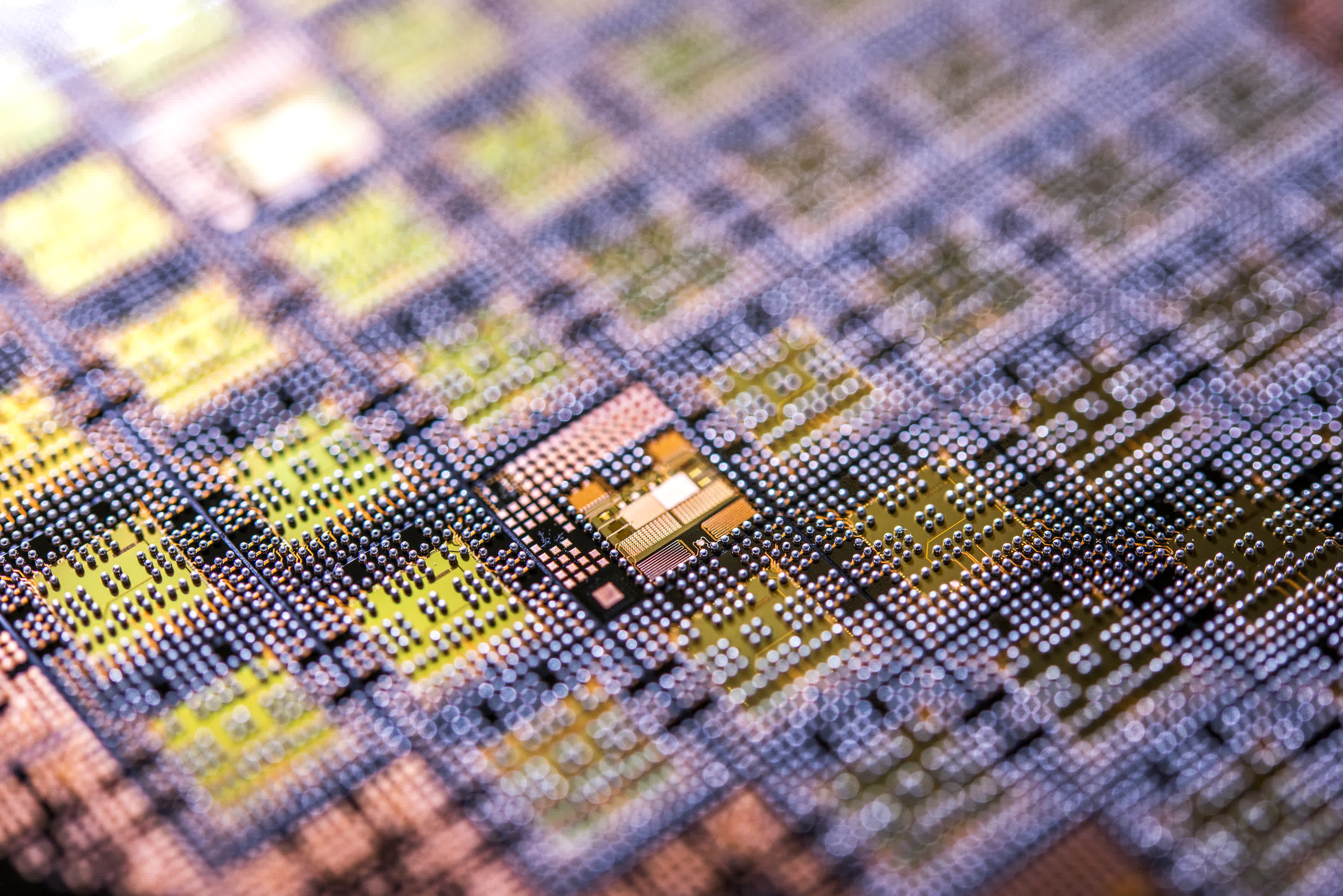In brief: While optimists among industry watchers believe the current chip shortage will be ironed out in the coming months, data from retailers and carriers seems to suggest otherwise. In the specific case of Apple, its sheer negotiation power when dealing with chipmakers has shielded the company from many of the supply constraints that are now having a sizable impact on other tech giants like Samsung.
The ongoing chip shortage is far from over, and rising Covid cases in key manufacturing countries like Vietnam and Malaysia are not helping a speedy recovery, as governments walk the fine line between protecting their citizens and keeping the local economy from imploding.
Apple did warn earlier this year that it wouldn't be able to make enough iPads and MacBooks to meet demand, as the company couldn't make enough M1 chips and getting a hold of display drivers and NAND controllers is getting harder every month. However, the Cupertino giant might be doing relatively fine compared to its competitors.
According to Wave7 research spotted by PCMag, the lack of silicon is starting to hurt the production of low-end Android phones, with companies like OnePlus and Samsung seeing the hardest hit as a result of bottlenecks in the supply chain. In contrast, Apple has managed to weather the storm by locking down chipset supply ahead of time, which means that getting your hands on an iPhone 12 is relatively easy.

The problems may have started back in March, when Qualcomm signaled it was having trouble producing enough low-end and mid-range Snapdragon chipsets. Xiaomi president Wang Xiang also warned that supply of high-end chipsets was also constricted, and that it would soon have to increase costs if it found no way to optimize its phone designs.
Wave7 surveyed store managers at major carriers and found that some were affected differently than others, with AT&T being the least affected due to its "iPhone-heavy customer base." At the opposite pole, T-Mobile seems to have suffered the most as the shortage is said to have hit "everyone but Apple." Verizon seems to have trouble securing enough stock of Samsung's Galaxy A-series phones.
It will be interesting to see how things play out in the coming months, especially as Apple is preparing the launch of the iPhone 13 (among other things), while Samsung is finally enjoying strong consumer appetite for its foldable Galaxy phones.
